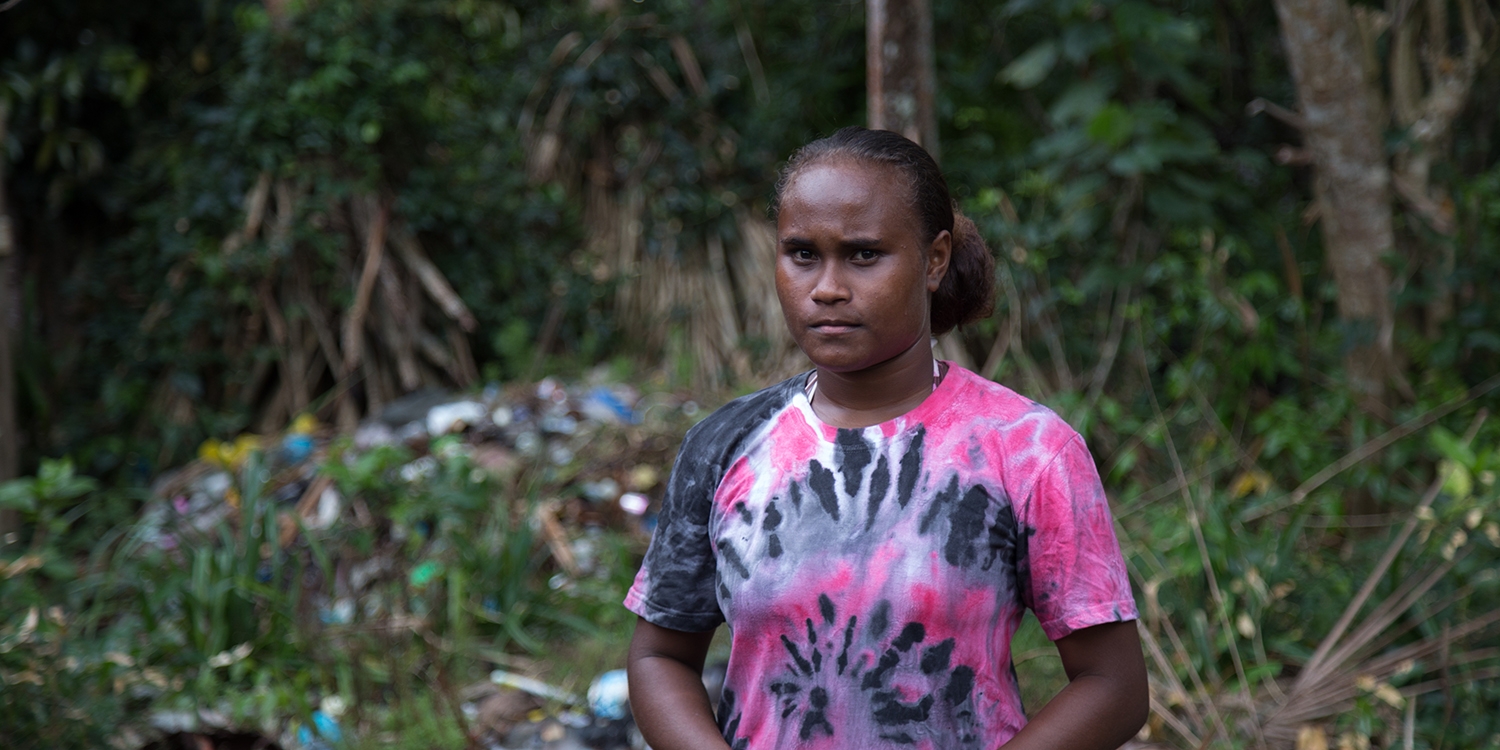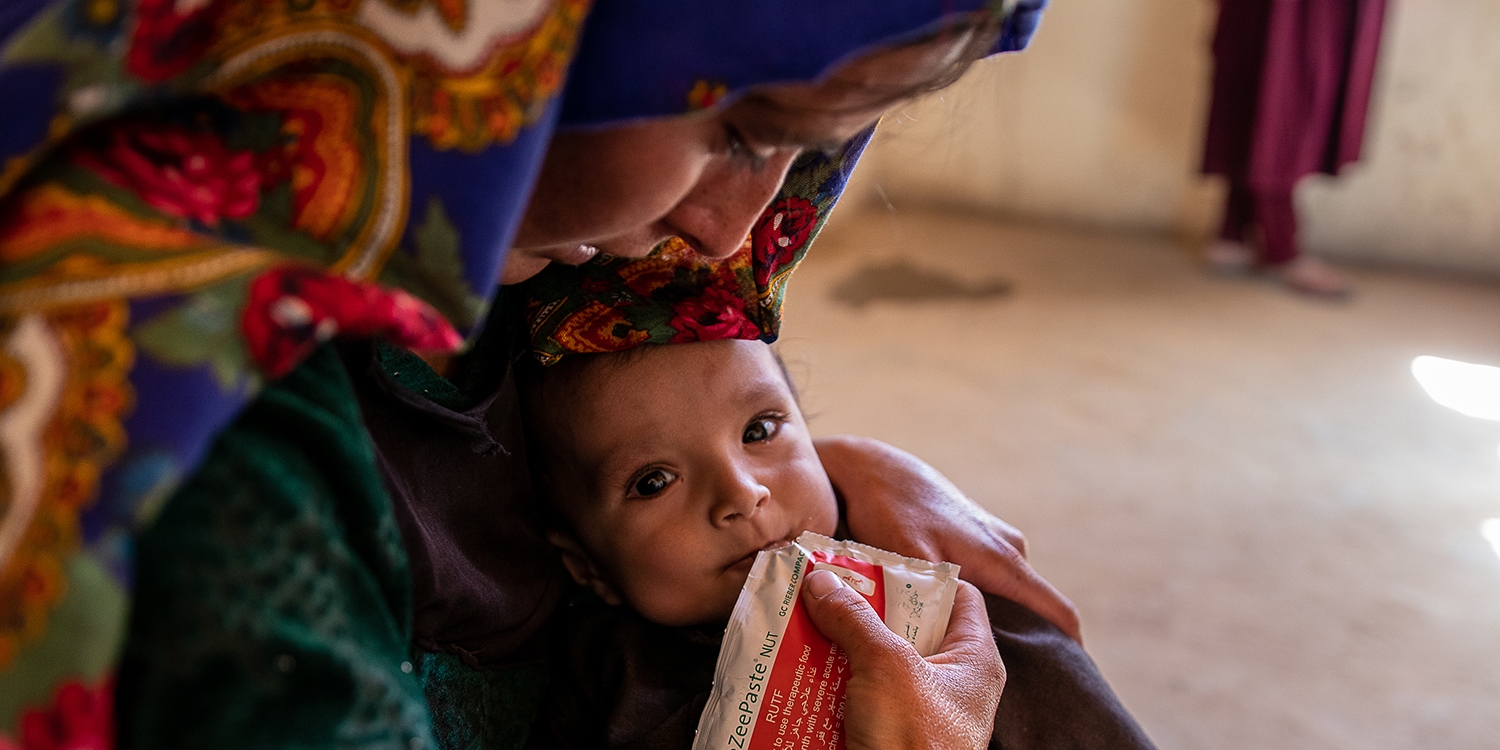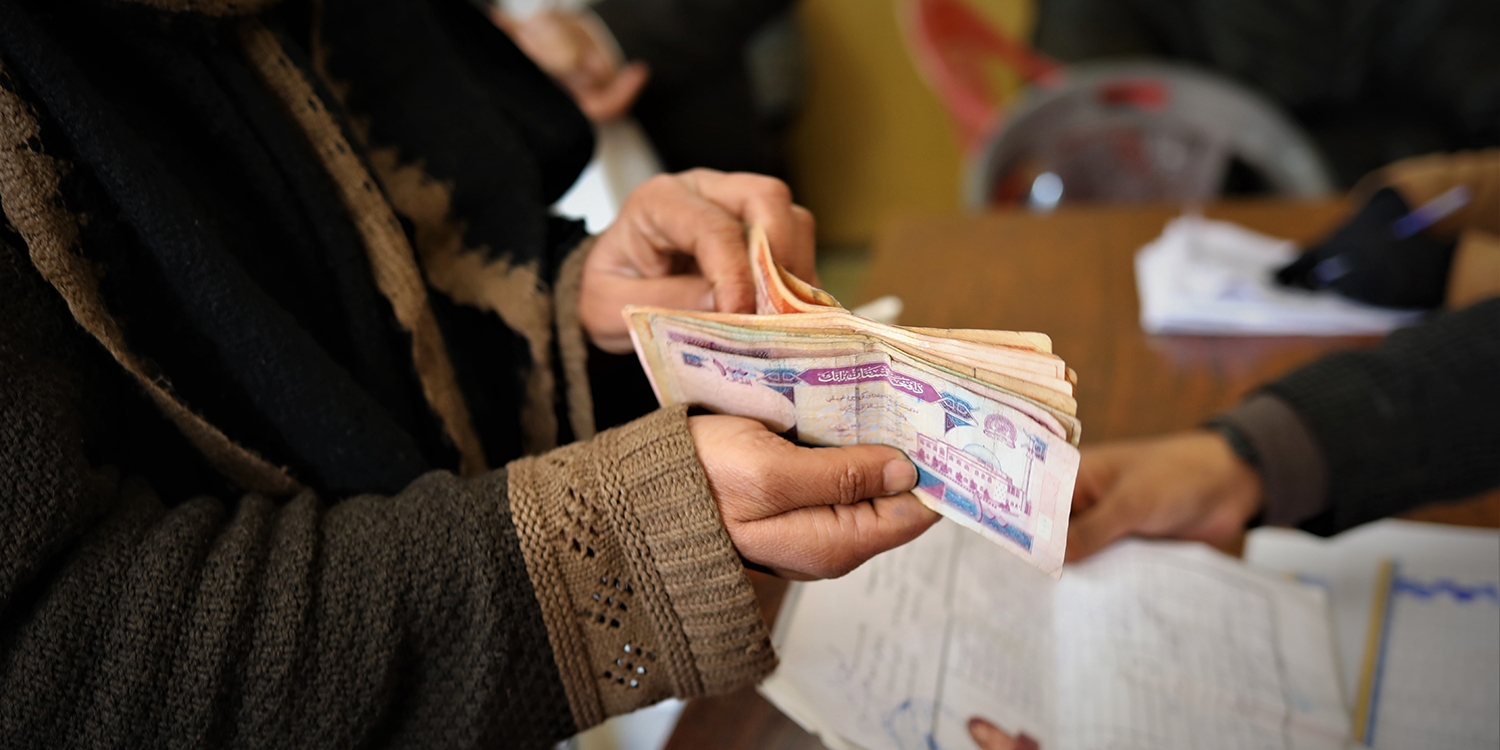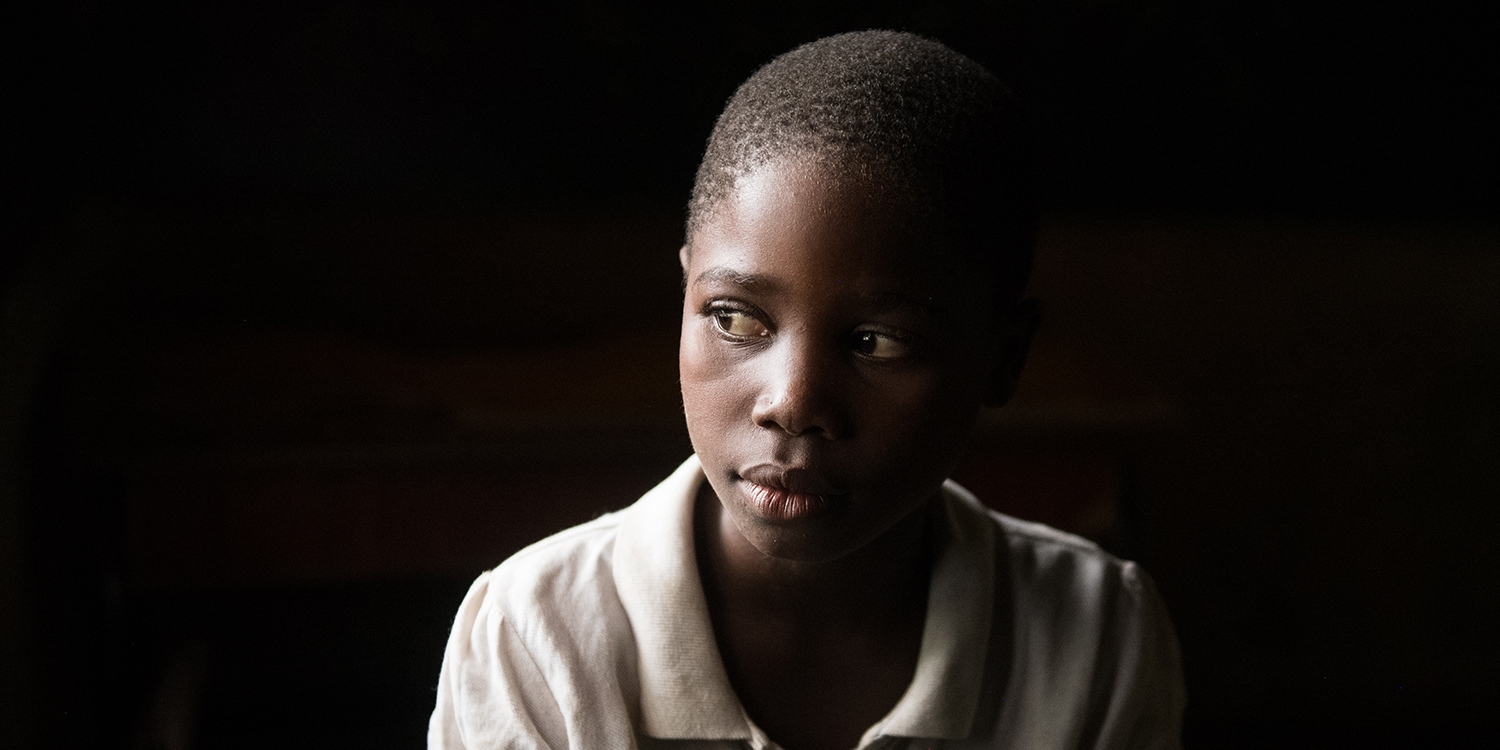The Top 5 Trends Driving Humanitarian Need in 2024
According to a 91�ֿ� analysis, the number of children needing humanitarian assistance rose to 149 million children in 2022, and this number is only expected to rise.
Sadly, these 5 global trends that are driving the greatest humanitarian needs for children in 2024—conflict, climate, critical funding gaps—are all quite familiar. However, what is becoming clear is the complex relationships between these topics and how they collide and compound one another to create humanitarian crises that are more frequent, more complex, more severe, and harder to resolve.

1. Climate Crisis
As many as 1.2 billion children are living in areas that are at high-risk of experiencing a climate-related disaster.
With the number of climate-related disasters tripling in the past 30 years, climate shocks are repeatedly decimating livestock, driving displacement and pushing millions into acute hunger. Without drastic action taken, children of low- and middle-income countries will be burdened with the most dangerous impacts of the climate crisis, inheriting a problem they have contributed to the least.

2. Food Insecurity
It is estimated one person is dying of hunger every four seconds around the world right now.
Food insecurity has soared globally as funding struggles to catch up to ballooning needs. In six countries - Afghanistan, Ethiopia, Nigeria, Somalia, South Sudan and Yemen – it is anticipated that there will be unless immediate action is taken to tackle the unprecedented crisis.

3. Global Inflation
The COVID-19 pandemic, the war in Ukraine, conflict and climate disasters have created a perfect storm for the worst cost of living crisis in a generation.
As the world reels from consecutive crises, it is the most vulnerable communities that suffer the brunt of these economic disruptions. Rising rates of inflation mean that countries will struggle to secure health supplies to deal with disease outbreaks and fertilizer to grow food, forcing families to rely on negative coping mechanisms to survive.

4. Conflict and Displacement
Globally, there are now more conflicts than at any time since the end of World War II, and they all have a devastating impact on children’s lives.
In 2022, one in six children were living in a conflict zone, the highest number in 20 years. Civil wars, ethnic conflicts and terrorist activity increased and so did their impacts on children. In Haiti, Colombia, Venezuela and Honduras, thousands of children have had their lives, health and education disrupted.

5. Critical Fundings Gaps
As the world focuses on the war in Ukraine, funding has been diverted from other countries where people are in desperate need.
The 2023 omnibus spending package, passed by Congress in December 2022, included increases to critical early childhood education programs but fell short in addressing the growing humanitarian need of children and families around the world. At a time when assistance is needed most, aid is being diverted away from countries like Yemen, Ethiopia, Afghanistan, Syria and Somalia.��
What You Can Do To Help
Your donation to the Children’s Emergency Fund, an essential resource as we prepare for and respond to the significant increase in the number of people who need humanitarian assistance, helps us respond quickly to humanitarian crises across the globe that are threatening children’s lives.��Join our friends at�������Ի� send a message:��Tell your lawmakers to fund international humanitarian aid!�� ��
��
��
